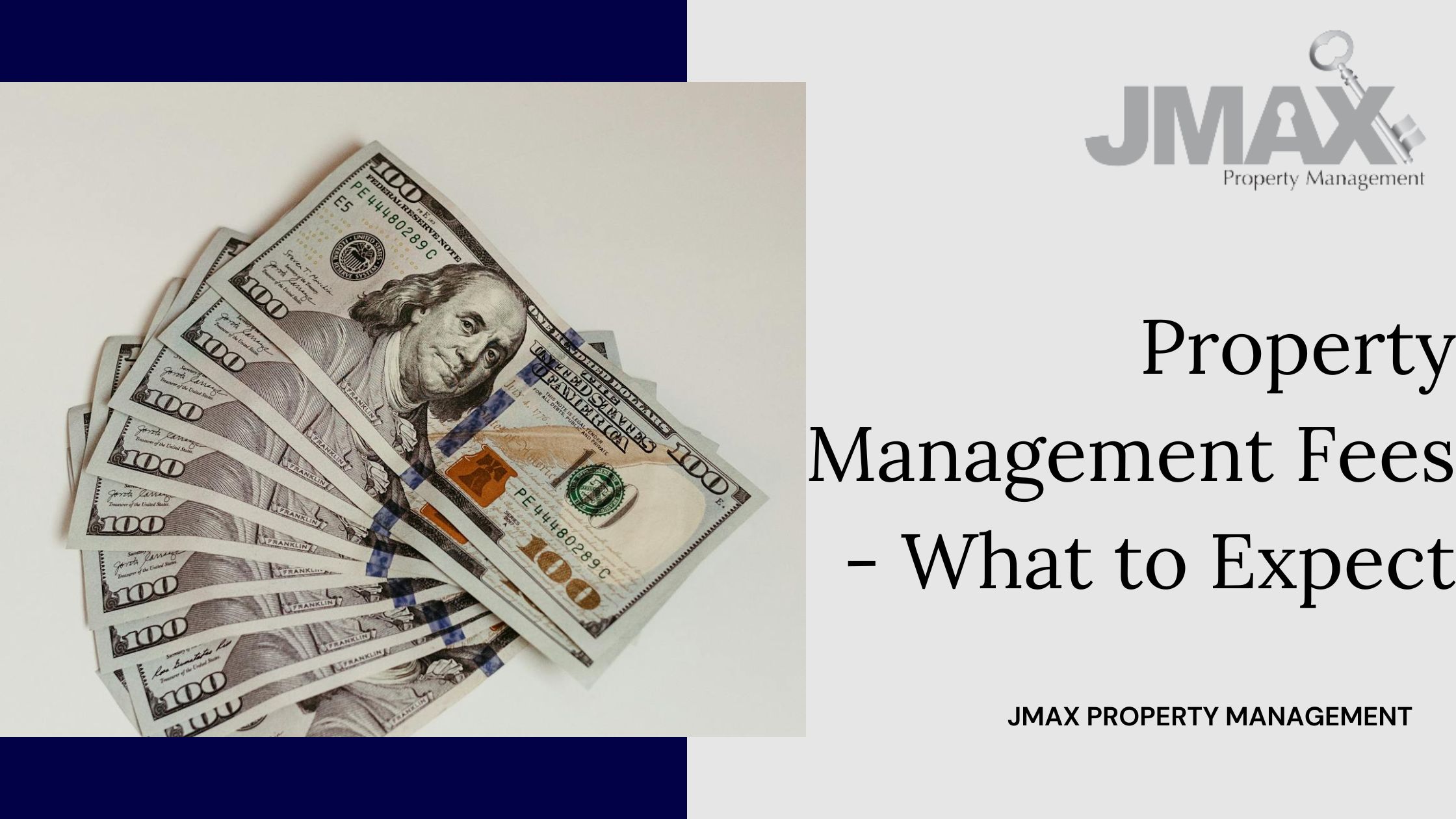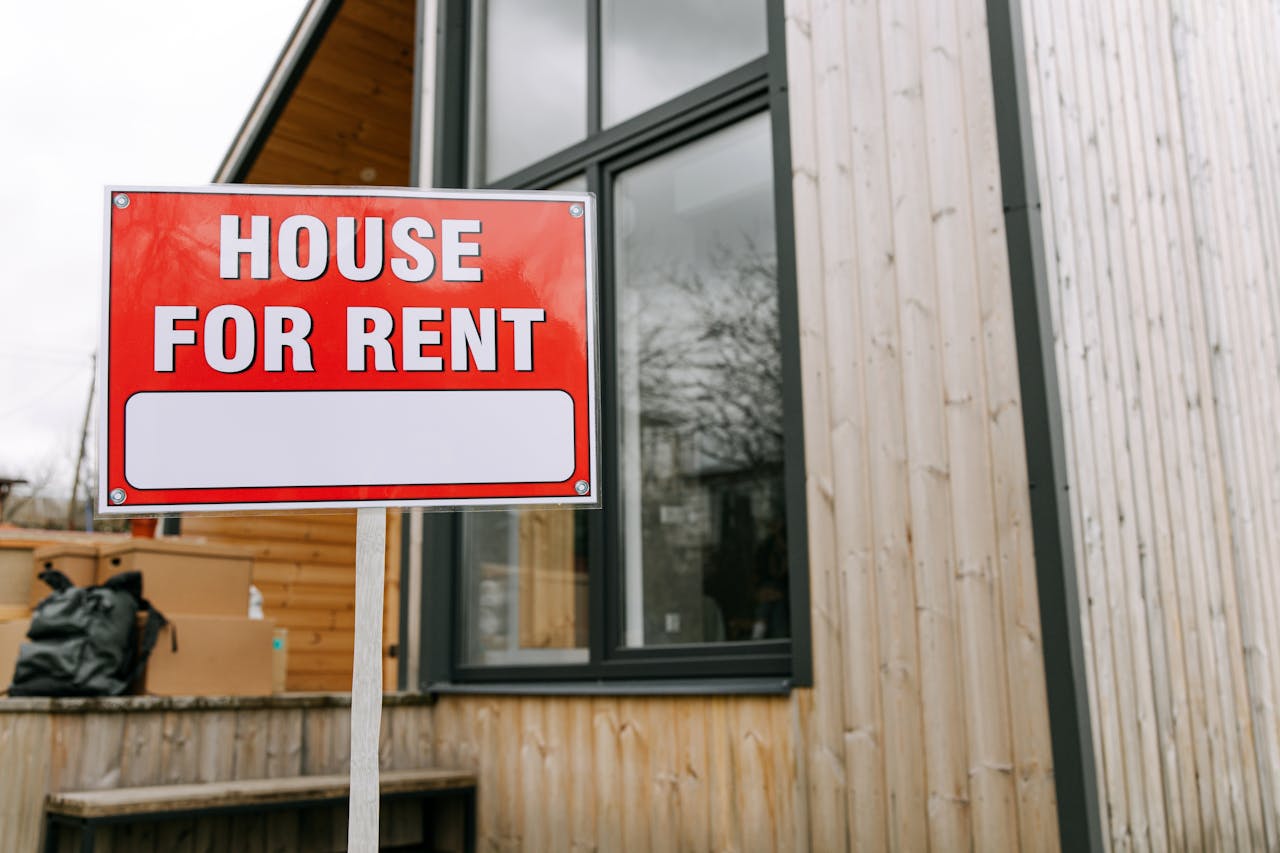
Key Takeaways
- Property management fees vary based on location, property type, and service level—expect a monthly fee plus potential add-on costs like leasing, renewals, or inspections.
- Understanding the full fee structure is crucial—some companies advertise low base rates but charge extra for essential services.
- Hiring a property manager can save time and stress, especially for owners with multiple or long-distance rentals, and often boosts long-term profitability.
If you’re a rental property owner, you’re probably wondering how much it costs to hire a property management company. While hiring a professional manager can relieve you of many daily responsibilities, it also comes with expenses that vary depending on the company, location, property type, and services you choose.
Understanding these costs can help you make an informed decision that supports the long-term success of your rental investment.
Let JMAX Property Management break down the typical costs associated with property management, what influences them, and why many rental owners find the expense worthwhile.
Understanding the Basics of Property Management Fees
Most property management companies charge a monthly management fee, usually calculated as a percentage of the monthly rent collected. This fee typically covers standard services like rent collection, tenant communication, handling maintenance requests, and coordinating repairs.
It’s important to know that not all services are included in this basic fee, and many companies charge additional fees for specific tasks.
The percentage charged can vary widely based on market rates in your area, the size of your property, and the level of service you expect. Single-family homes, for example, may have a different fee structure compared to multi-family units or larger apartment complexes.
In general, owners can expect the monthly management fee to be one of the largest recurring costs when working with a property management company.
Additional Fees You Should Know About
Beyond the monthly management fee, property owners should be aware of other potential charges. One common additional expense is the leasing or placement fee, which covers the work involved in marketing your property, screening prospective tenants, showing the unit, preparing the lease agreement, and ensuring a smooth move-in process.

This fee is usually charged when a new tenant is placed and can be either a flat fee or a percentage of one month’s rent.
Some companies also charge renewal fees when a tenant decides to renew their lease. This fee compensates the management company for negotiating new lease terms, handling paperwork, and keeping your tenant happy and legally compliant.
Another area where fees can arise is maintenance coordination. While basic coordination may be included in the monthly fee, larger repair projects or renovations could involve a project management fee or markup. It’s a good idea to discuss upfront what types of maintenance are covered and how larger repairs are handled.
There may also be setup fees when you first sign on with a property manager, as well as inspection fees for conducting move-in, move-out, or periodic inspections to ensure the property stays in good condition.
Factors That Influence Property Management Costs
Not all property management companies price their services the same way, and several factors can influence how much you’ll pay.
Location is one of the biggest factors. In competitive, high-demand markets, management fees can be higher, reflecting the increased cost of labor and market complexity.

The type of property you own also matters; managing a single-family home is often simpler than managing a multi-unit building, where issues like shared utilities, common area maintenance, and multiple tenants add complexity.
The condition of your property can also influence management costs. An older home with aging systems may require more hands-on management than a newer, well-maintained building. Similarly, properties with high tenant turnover or in challenging neighborhoods might cost more to manage, since the company takes on more risk and effort.
Why Costs Vary Between Companies
While some property management companies advertise low monthly fees, it’s important to look carefully at the full picture. A lower management fee might mean more add-on charges for services you assumed were included. On the other hand, companies with higher base fees might offer more comprehensive service, giving you better value over time.
Some companies take a full-service approach, handling everything from marketing and tenant screening to legal compliance and 24/7 emergency response. Others offer a more limited package where you or the tenants handle some tasks directly.
It’s essential to clarify exactly what is covered and what might incur extra charges so that you can compare services accurately.
Evaluating Whether Property Management Is Worth the Cost
Deciding whether to hire a property management company often comes down to two questions: how much time do you want to spend managing your rental, and how much value do you place on professional expertise?

If you are a hands-on owner with time, knowledge, and local connections, self-managing might save you money. For many owners (especially those with full-time jobs, multiple properties, or long-distance rentals), the time and stress saved by hiring a professional can far outweigh the cost.
A good property manager can help you avoid costly mistakes, improve tenant satisfaction, and increase the overall profitability of your investment. While the fees may seem like a significant expense at first glance, many owners find that they more than pay for themselves over time through higher rents, fewer vacancies, and fewer legal or maintenance problems.
Final Thoughts
In the end, the cost of property management is not just about dollars and cents. It’s about investing in a professional partner who can help you protect and grow your rental business. By understanding the range of fees, asking the right questions, and comparing services carefully, you can find a management company that aligns with your needs and delivers real value.
You are not just paying someone to collect rent; you are hiring a team to manage the complexities of rental ownership, so you can focus on what matters most to you. Working with an experienced property management company can be one of the smartest moves you make as a rental property owner. If you need help, contact JMAX Property Management.


